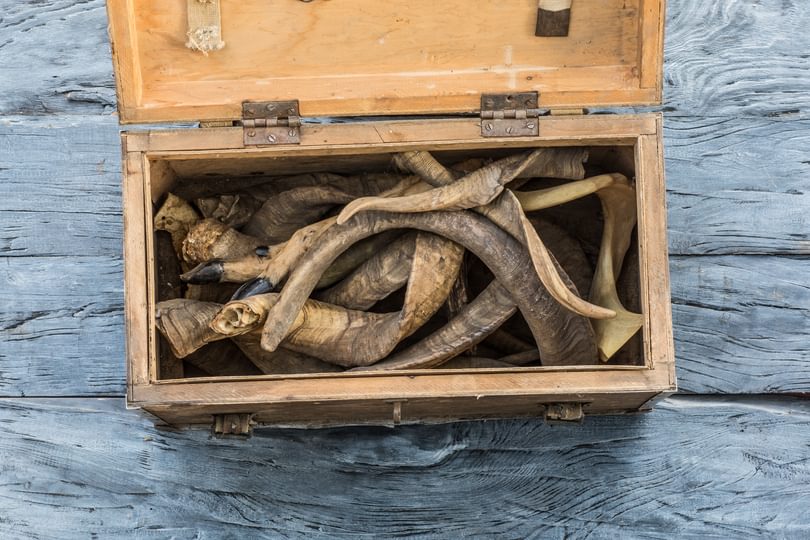
Researchers from the Oxford Martin Programme on the Illegal Wildlife Trade are lending their expertise to a new initiative aimed at tackling the online trade in illegal wildlife products.
Mounting evidence shows that traffickers are switching from physical markets to virtual ones, as more and more use the internet to market poached and live protected species to the public.
The Global Wildlife Cybercrime Action Plan is aimed at improving co-ordination across the public and private sectors. It maps out collective goals, outlines the steps that must be taken to achieve these, and provides a reporting mechanism for adaptive management of the plan. The plan brings together a number of major organisations working on combating the illegal wildlife trade, including include IFAW, INTERPOL, the Durrell Institute of Conservation and Ecology (DICE) at the University of Kent, TRAFFIC and WWF.
The Oxford researchers will deliver research on wildllife cybercrime to enhance understanding and awareness of its scale, impact and significance. They will also create tools to improve the detection and investigation of wildlife cybercrime, and methods for data sharing between sectors.
Programme co-director Dr Joss Wright said: "Technology and AI developments mean that computers can now do some of this work for us: in our case, trawling the depths of the internet for patterns and shifts in how people engage with the illegal wildlife trade."